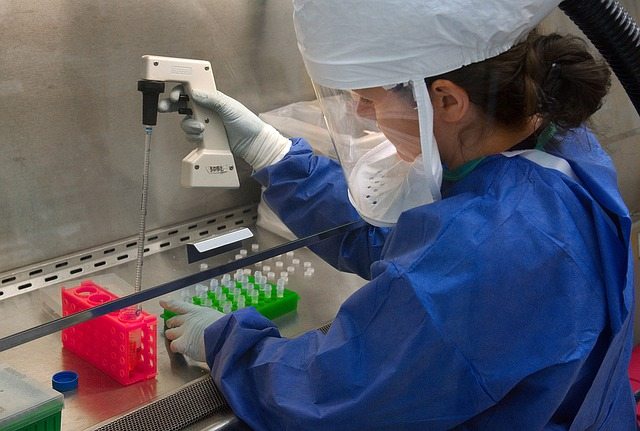
There are many viable entry paths into the healthcare industry, performing medicine as a nurse or doctor, working as an EMT, in hospital administration, or as a health educator. A Masters degree in anything is a serious endeavor, so why should you consider a Masters in Public Health?
We compiled a list of the top 50 jobs that a MPH graduate can seek out, but there really are so many options to pursue in the leviathan that is the US healthcare complex.
It is simple initially to break up the field into categories, and from there parse it into specific roles that include Research, Public Policy, Administration and Management, Environmental Health, Behavioral and Social Sciences, Statistics and Biostatistics, and Education.
These categories can operate under government agencies, through research institutions or universities, and NGOs dedicated to healthcare education/philanthropy/crisis response. Many MPH degrees offer specializations or certificates that point towards careers in one of those particular concentrations, such as University of Illinois Springfield with one explicitly in Environmental Health, or Creighton University’s options of Health Policy and Ethics or Public Health Services Administration.
Specific jobs within some of those blocks include:
Healthcare Administrator
No hospital, clinic, nursing home, or doctor’s office can function without capable and knowledgeable administrators who know the laws, bring business acumen to the medical practice. This role is expecting tremendous growth in demand over the next decade, over 20% in volume, with an average salary of around $84,000. The bottom and top 10% of salaries for this position are approximately $51,000 and about $145,000.
Health Educator
This extremely vital role focuses on preventative care by assessing the needs of a community and developing programs that teach people how to live their everyday lives in a healthier manner, distributing resources and acting as a networking node between patients and the services they need. The median salary for this job is $46,000 on the national level.
Epidemiologist
These work for think-tanks that research and inform public policy, for government agencies that set and execute policy while regulating businesses in the sphere, and at universities and labs. Epidemiologists examining the causes of diseases and the root causes of other public health issues in order to limit their spread and prevent those conditions from happening again. People working in this role earn a median salary of $63,000, approximately.
Nonprofit Coordinator
This role focuses more on administrative skills, but is very flexible in the type of knowledge necessary to direct and guide the specific nonprofit. Nonprofits do not typically have large budgets, so it takes a canny and effective leader to ensure the necessary services are successfully executed. The average salary for Nonprofit Coordinator is $52,000.
Industrial Hygienist
This role is more science focused, often an engineer who works on minimizing risk in workspaces and the public. Though much of the work is done in an office setting, it also includes visits to the field to inspect facilities for compliance, and may include research in a laboratory setting. This job has a high variance in pay, from $45,000 to over $110,000 depending on experience, location, and education. Though this role may not have the same explosive growth as other MPH positions, it is forecasted to grow steadily in the next decade.
To read up on more specific jobs that an MPH prepares its holders for, check out our list of the top 50 top public health jobs.